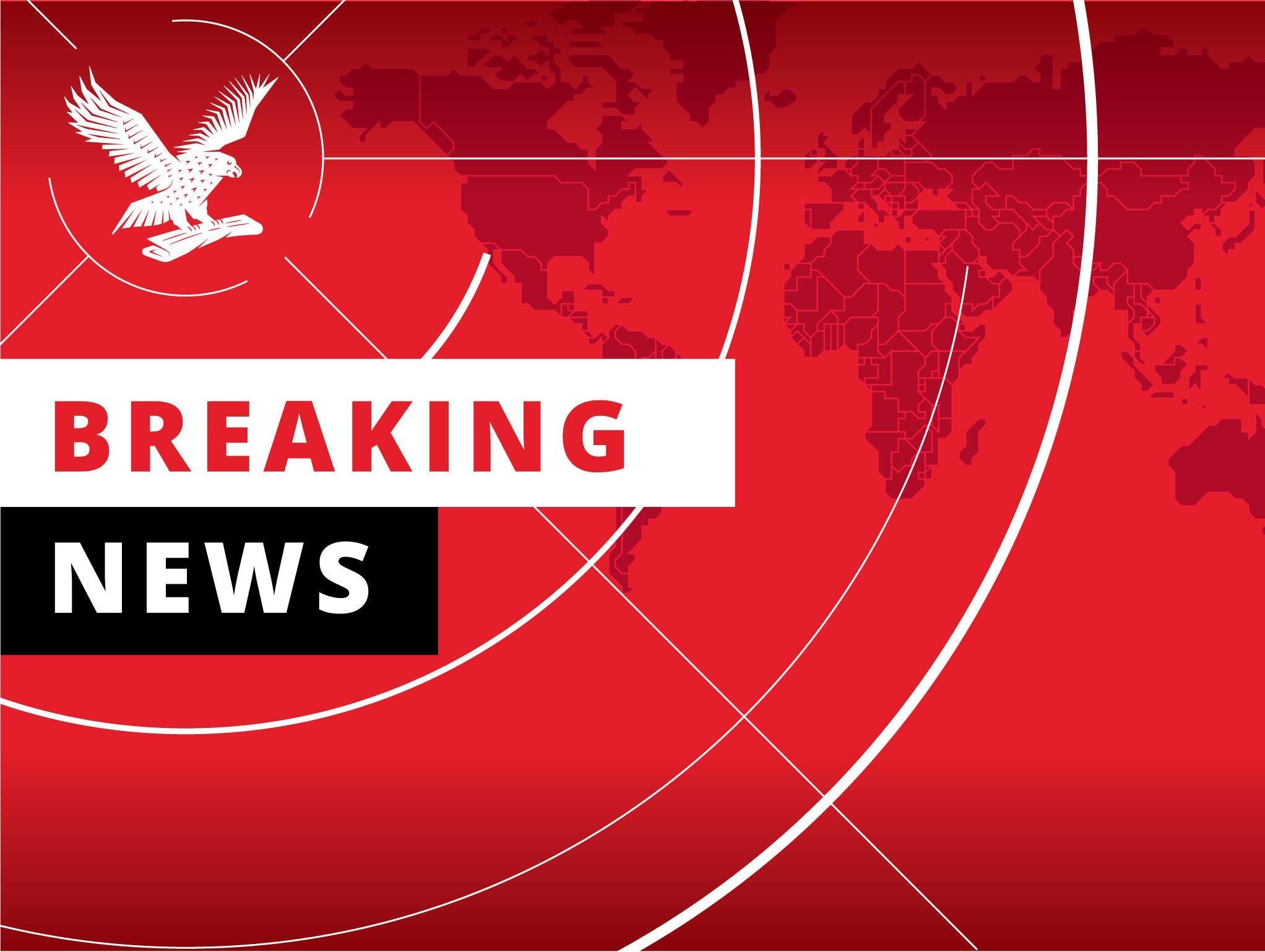Pope Francis and leader of Russian Orthodox Church to meet in Cuba
After a feud lasting 1,000 years, Church leaders agree to meet on neutral territory to heal divide

Your support helps us to tell the story
From reproductive rights to climate change to Big Tech, The Independent is on the ground when the story is developing. Whether it's investigating the financials of Elon Musk's pro-Trump PAC or producing our latest documentary, 'The A Word', which shines a light on the American women fighting for reproductive rights, we know how important it is to parse out the facts from the messaging.
At such a critical moment in US history, we need reporters on the ground. Your donation allows us to keep sending journalists to speak to both sides of the story.
The Independent is trusted by Americans across the entire political spectrum. And unlike many other quality news outlets, we choose not to lock Americans out of our reporting and analysis with paywalls. We believe quality journalism should be available to everyone, paid for by those who can afford it.
Your support makes all the difference.As feuds go, it was one of the longer-lasting ones. But after 1,000 years of mutual loathing and suspicion, the Vatican has announced that Pope Francis will mend fences with the Russian Orthodox Church by meeting its leader, Patriarch Kirill of Moscow.
The heads of the world’s two biggest Christian churches will shake hands in Havana, on 12 February when their paths briefly cross in the Caribbean. It will mark Patriarch Kirill’s seventh anniversary as head of the Russian Orthodox Church and the first time a Russian Patriarch has ever met a Pope.
Vatican experts hailed the news as “hugely important”. And it adds to the feeling that Pope Francis is on a bit of a roll, after bringing about last year’s rapprochement between Cuba and the US, and boosting diplomatic ties with China and Iran.
Holy See spokesman Father Federico Lombardi said at the planned two-hour meeting at Havana airport on 12 February, Pope Francis and Patriarch Kirill will swap presents and sign a joint declaration. He would give no clues on the nature of the declaration, but said it would be “highly significant”. Cuba’s President, Raoul Castro, will also be present.
Pope Francis has constantly stressed the need to protect Christians in Middle East war zones. Metropolitan Hilarion, foreign policy chief of the Russian Orthodox Church, said yesterday that, for this reason, greater cooperation between the Holy See and the Russian Church was vital.
“The situation in the Middle East, in northern and central Africa and in other regions where extremists are perpetrating a genocide of Christians requires immediate action and an even closer cooperation between Christian churches,” he said.
Relations between Patriarch Kirill and the Holy See have worsened in the past few years because of the conflict in Ukraine. The Orthodox Church has accused Catholics there of evangelism and fomenting Ukrainian nationalism. But enmity between Rome and the highly conservative Russian church, which traces its origins back to the baptism of Prince Vladimir in 988 AD, has existed for centuries. This is due largely to the Great Schism nearly a millennium ago that split Christianity into Catholic and Eastern Orthodox churches.
The defining moment came when Pope Leo IX and Patriarch Michael I of Constantinople issued tit-for-tat excommunications after the four Eastern patriarchs refused to recognise the supreme authority of the Pope.
Things went from bad to even worse with the sacking of Constantinople by the Fourth Crusade in 1204, which was seen as a direct military assault by Rome against the Byzantine Empire, and the Constantinople church. It wasn’t until 900 years later, in 1965, that Pope Paul VI and Patriarch Athenagoras I of Constantinople – “first among equals” of the Orthodox leaders – removed the mutual excommunications, although key differences remained, including as whether clergy could marry and the centralised power of the Vatican.
Signs of Pope Francis’s intention to further heal the near 1,000-year rift came in 2014 when the Argentine visited Jerusalem to commemorate the 50th anniversary of the meeting that led to the excommunications being lifted. It was the current Patriarch of Constantinople, Bartholomew I, who asked Francis to join him in Jerusalem in 2014.
But the forthcoming meeting with Patriarch Kirill is the real breakthrough that Pope Francis sought. He has previously said to him: “Wherever you want, you call me and I’ll come.”
Veteran Vatican watcher Robert Mickens said of the Cuba meeting: “This is a huge event. It’s the first time a Pope has ever met the Russian Patriarch and, after improving relations with Constantinople, relations with the Russian Church were still very poor.”
Mr Mickens said that Pope Francis’s breakthrough had come because he was willing to compromise on the vexed issue of the Pontiff’s supreme status. “More than any other Pope he’s shown he’s willing to renegotiate the Pope’s primacy,” he said.
Join our commenting forum
Join thought-provoking conversations, follow other Independent readers and see their replies
Comments